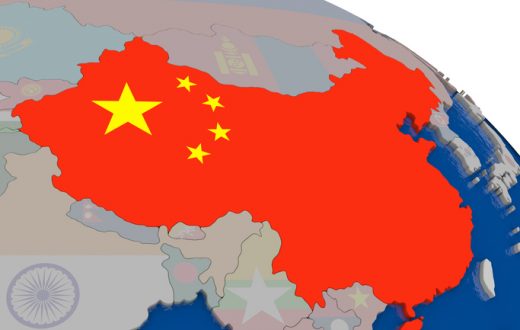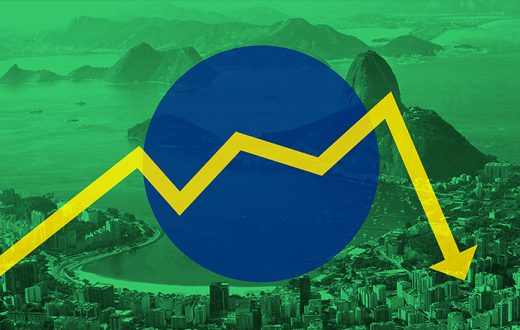Despite recent scandals over social media and their use of user’s data, the question about how to regulate the privacy of user’s data and control social media’s commercial activities is rising. Yet, the political class doesn’t seem to consider this issue as a priority.
Recent scandals over social media giant Facebook, peddling fake news, enabling Russian manipulation over the American presidential campaign and Trump’s presidential cabinet to use some user’s data to better communicate are shocking for its users. Users are not dumb, they already distrust social media and the use of their data. But in the fourth quarter of 2017, users spent 50 million hours less per day on Facebook, a drop of 15%. Moreover, the share price of Facebook on stock exchange has dropped by 8,5% between March 16th and March 21th.
Why such a distrust On March 17th, the New York Times and Britain’s observer leaked how Facebook sold 50 million user’s profiles to Cambridge Analytics, which shared information with 3rd parties, including Trump’s presidential campaign. Facebook built a cash machine around its advertising business activities. Through gathering detailed information about user’s identities and behavior online, Facebook made $40bn in 2017. Recently, Facebook developed political ad, which represents 3% of their advertising income by microtargeting someone in order to influence their political views and voting behavior. Facebook now offers precise tools to politicians to target voters and reach prospective voters.
Mr Zuckerberg, Facebook founder and boss did not deny Facebook’s ethically suspicious activities. His response to the scandal had been modest. He promised an audit by third-party app developers will be done to make it easier for users to control their privacy settings. It is not the first scandal Facebook is going through, and nothing changed yet about how users can check and control their private data. Facebook wasn’t warned in stopping its activities, neither financially punished for selling user’s data. A legal framework is lacking at an international level. But now that even politicians use private data for campaign objectives, how could people trust in a possible change?
The first example of politicians using user’s data is the Obama administration during its first campaign, which he also won because of a performant communication/marketing strategy. His campaign was digitally sophisticated and Obama used Facebook to reach prospective voters. Mr Obama got proper permission to obtain data about people’s friends: he did not microtarget users, behind their backs, unlike Donald Trump.
At the time, Mr Obama was in favor for a consumer “bill of rights” to control user’s online data. The idea is now totally abandoned as some politicians (e.g. Donald Trump, Steve Bannon) rely on Facebook to gain political campaigns. Nonetheless in Europe, a consensus is growing on the fact that a global, at least European, regulation should be discussed and set up to protect user’s privacy and avoiding fake news expansion. In 2018, Europe should propose a common text to be adopted along those lines. Despite America being weak on that topic (Trump’s administration is not showing any signs of solving this issue), a solution could come from Europe. But strict and clear rules are required to restore confidence with the users. If this bill fails, citizens will more distrust social media and the political system than ever.








